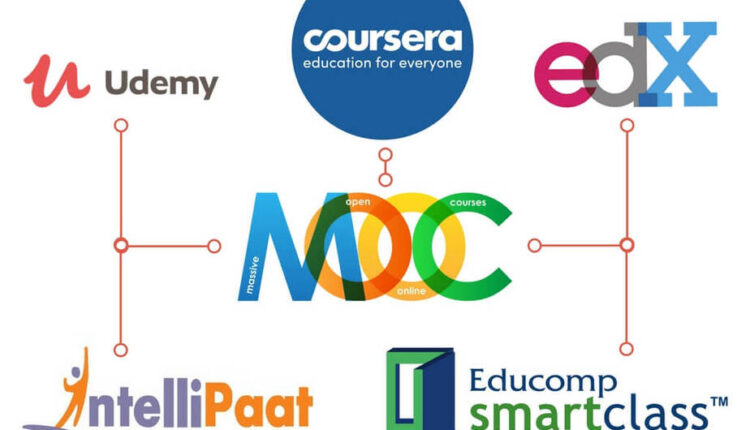Beginners Guide to Massive Open Online Courses (MOOCs)
Beginners Guide to Massive Open Online Courses (MOOCs)
What are MOOCs?
MOOCs are courses delivered online and accessible to all for free.
MOOC stands for a massive open online course:
- Massive because enrollments are unlimited and can run into hundreds of thousands.
- Open because anyone can enroll — that is, there is no admission process.
- Online because they are delivered via the internet.
- Course because their goal is to teach a specific subject.
MOOCs typically comprise pre-recorded video lessons, readings, assessments, and discussion forums.
See 1000 UK Open University Free Online Courses – Free Certificates
Where can I take MOOCs?
Although MOOCs are created by universities, universities rarely distribute MOOCs themselves. Instead, they rely on course providers such as:
Join Top 75+ Best Free Online Courses with Certificates | Top Institutes
So it’s on those platforms and others that learners actually take MOOCs.
When do Massive Open Online Courses (MOOCs) start?
Some MOOCs can be started at any time. Others start at regular intervals — every few weeks or months. Some are seldom offered — sometimes reappearing after a year of absence. Finally, some stop being offered entirely.
Do Massive Open Online Courses (MOOCs)have deadlines?
Some MOOCs are self-paced — you progress through them as quickly or slowly as you want — while others run on a schedule:
Enroll in 10 MOOC Websites to Start Your Free Online Courses Education
All the course material may not be available from day one. Instead, it’s released in fragments week after week, forcing students to pace themselves.
- Assessments may have deadlines, preventing learners from lagging behind.
- But even when they involve a schedule, MOOCs remain flexible: you study when it suits you best, day or night.
How long to complete a Massive Open Online Courses (MOOCs)?
MOOCs range in length from 1 to 16 weeks. Most provide an estimate of the weekly time commitment, although this may vary significantly from one learner to another.
Are there paid components to MOOCs?
Besides certificates, other MOOC components may be hidden behind a paywall — for instance, graded assignments.
MOOCs often offer two enrollment options:
- Free Auditing — which gives you access to videos, readings, and forums for free.
- Paid Enrollment — which gives you access to all the content, including paywalled elements such as the certificate of completion.
A small number of courses are pay-only.
Note that online courses that involve paywalls are still often referred to as ‘MOOCs’ despite not being truly ‘open’ anymore.
Is financial aid available to take MOOCs?
Some MOOC platforms allow you to apply for financial aid or scholarships:
- How to request financial aid on Coursera
- How to request financial assistance on edX
- How to apply for a scholarship on Udacity
If accepted, you may be able to earn a certificate for free or at a discounted rate.
What to consider before taking a MOOC?
Before starting any MOOCs, it helps to understand just why you want to enroll.
Do you want to take a MOOC too?
- Switch careers?
- Gain a promotion?
- Become better at your job?
- Improve your job prospects?
- Or, simply for the pleasure of learning?
Other important considerations are:
- Do you want to take the full MOOC or just part of it?
- How much time can you dedicate to the course weekly?
- Are you looking for an introductory, intermediate, or advanced course?
The MOOC listing contains information to help you decide if the course matches your goals, such as potential prerequisites, course content, difficulty, and expected time commitment.


